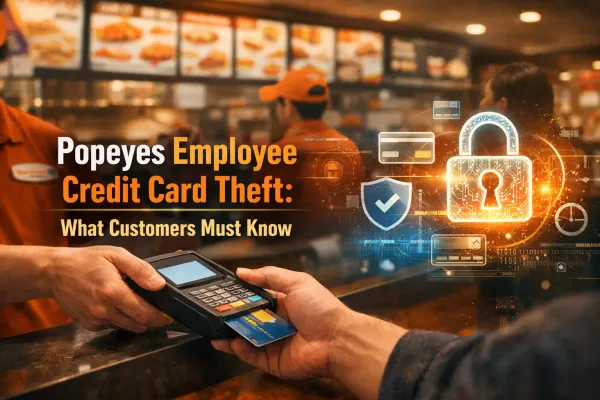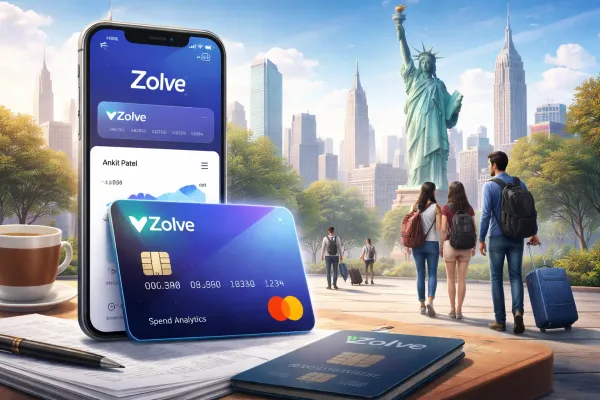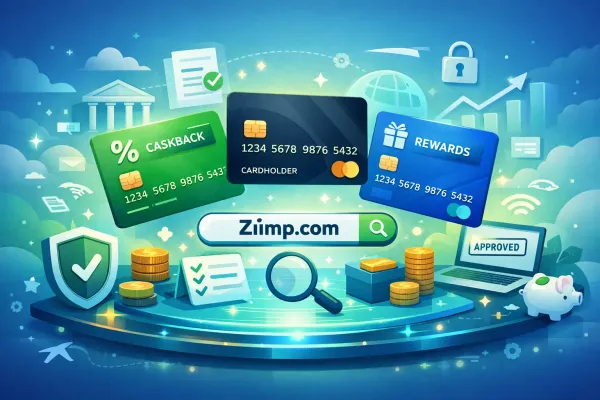Can You Own Crypto in Your Roth IRA? The Ultimate 2025 Guide
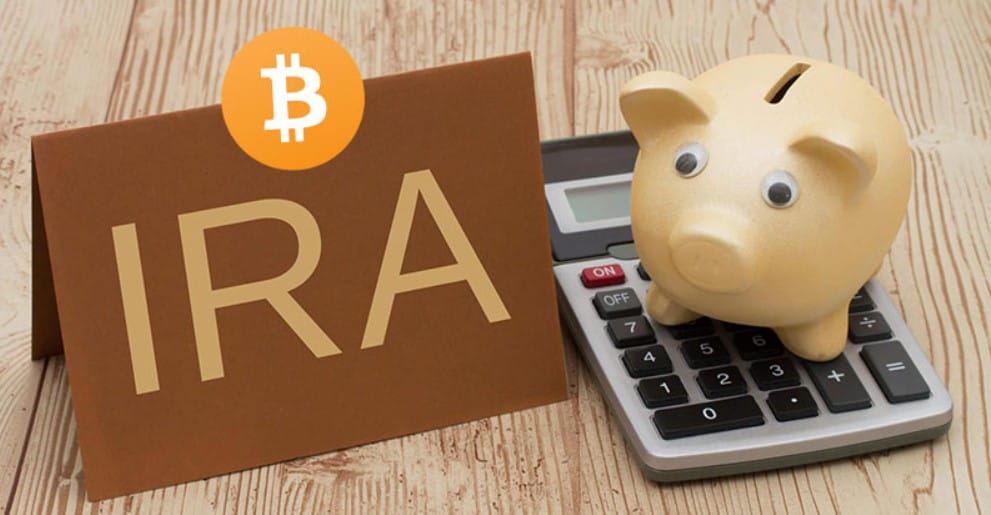
Introduction to Crypto and Roth IRAs
With the exponential rise of cryptocurrencies and increasing demand for tax-efficient investing, many people are asking the big question: Can you own crypto in your Roth IRA? The answer is yes—with a few important caveats. You can’t directly buy Bitcoin or Ethereum through a traditional Roth IRA, but you can invest in digital assets using a Self-Directed Roth IRA (SDIRA).
This article explores everything you need to know to legally, securely, and strategically add crypto to your retirement portfolio, while complying with IRS regulations and maximizing your long-term gains.
Understanding the Basics of a Roth IRA
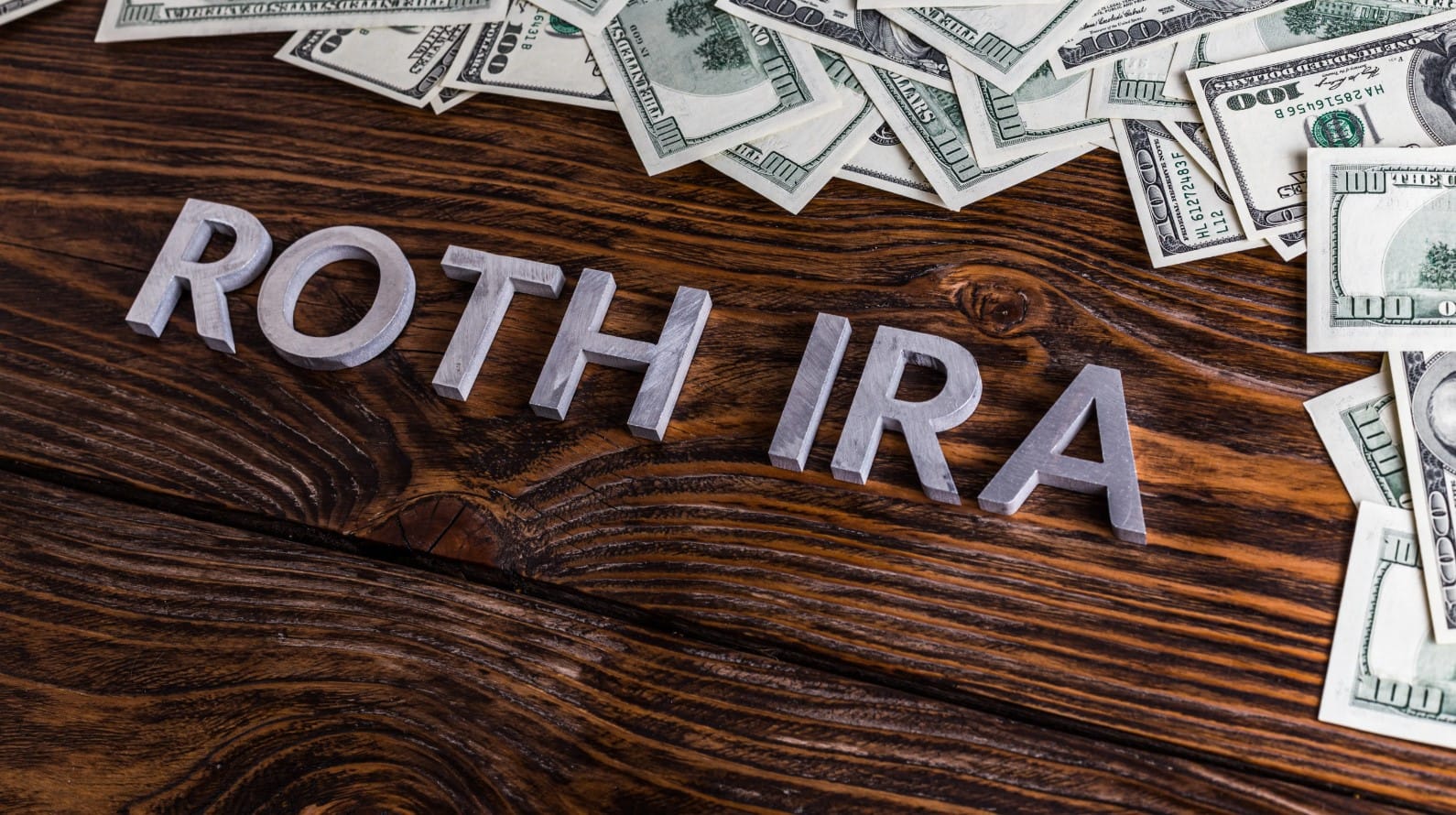
What is a Roth IRA?
A Roth IRA is a type of individual retirement account that allows you to contribute after-tax income. In return, all qualified withdrawals—including earnings—are tax-free in retirement.
Key Features:
- Contributions made with post-tax dollars
- Withdrawals are tax-free if you’re over 59½ and the account is at least five years old
- No Required Minimum Distributions (RMDs)
- Annual contribution limits (currently $7,000; $8,000 if over 50)
- Income phase-out begins at $146,000 for single filers
Can You Own Crypto in Your Roth IRA?
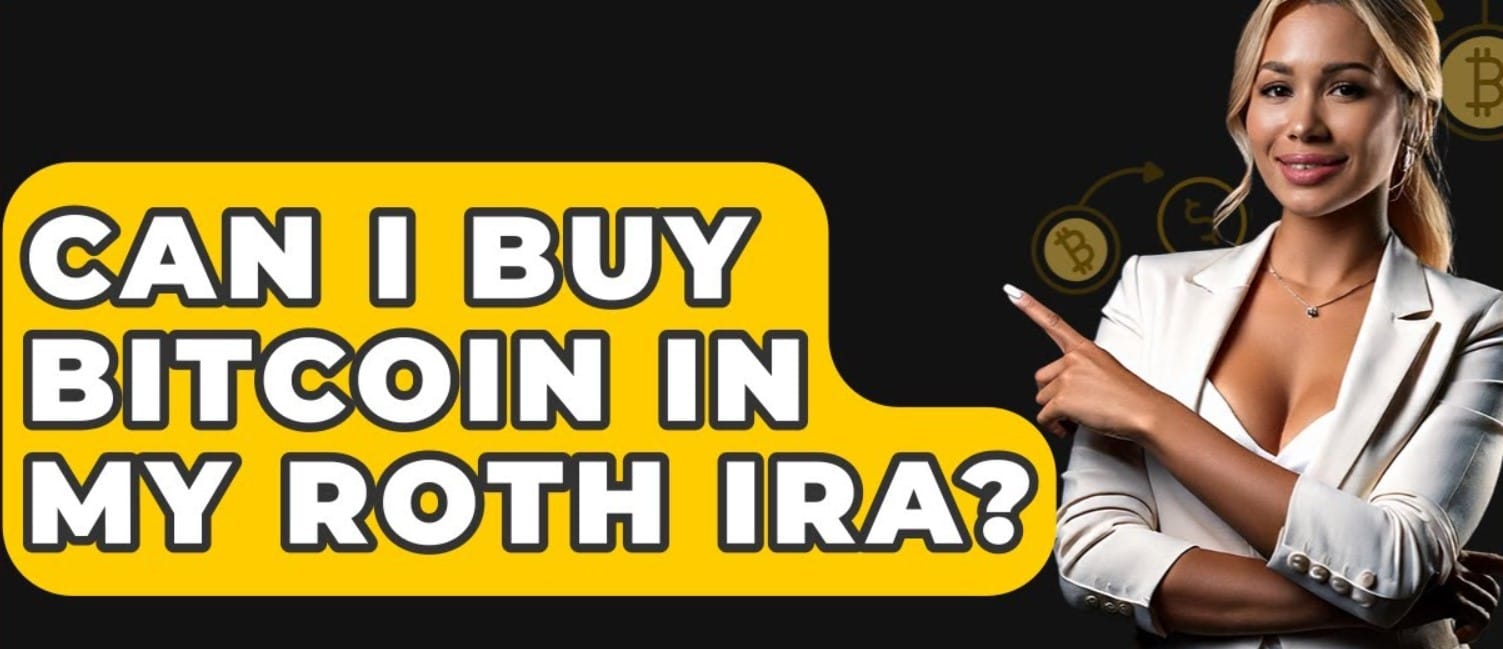
Yes, but only through a Self-Directed Roth IRA
To own crypto in your Roth IRA, you must use a Self-Directed Roth IRA, which allows for alternative assets such as:
- Cryptocurrencies (e.g., Bitcoin, Ethereum)
- Precious metals
- Real estate
- Private equity
A custodian or trustee facilitates these transactions while ensuring compliance with IRS rules.
Types of Cryptocurrencies You Can Hold
Approved Crypto Assets in a Roth IRA:
- Bitcoin (BTC)
- Ethereum (ETH)
- Litecoin (LTC)
- Cardano (ADA)
- Polkadot (DOT)
Your investment options will depend on your IRA custodian. Not all platforms offer the full range of tokens.
Benefits of Owning Crypto in a Roth IRA
Tax-Advantaged Growth
Since Roth IRAs offer tax-free withdrawals, all your crypto appreciation is 100% tax-free at retirement.
Diversification
Crypto adds an uncorrelated asset class to traditional portfolios—reducing reliance on stocks and bonds.
High-Growth Potential
The crypto market, while volatile, has shown historic potential for exponential returns.
How Does a Crypto Roth IRA Actually Work?
Roles of a Crypto IRA Custodian
- Facilitates crypto transactions
- Stores digital assets in secure wallets
- Reports transactions to the IRS
- Ensures full legal compliance
How to Get Started:
- Choose a trusted custodian (e.g., iTrustCapital, BitIRA)
- Open a Self-Directed Roth IRA
- Fund your account via contribution or rollover
- Buy crypto assets via the platform
- Your crypto is stored in insured wallets
Step-by-Step Guide to Opening a Crypto Roth IRA
Step 1: Select a Custodian
Look for a provider that supports:
- Wide range of crypto assets
- Low trading fees
- Cold storage and insurance
Step 2: Open and Fund the Account
You can:
- Rollover from an existing 401(k) or IRA
- Make new contributions up to IRS limits
Step 3: Start Investing
Use the platform to choose and buy digital currencies.
Top Crypto IRA Custodians to Consider
| Custodian | Key Features |
|---|---|
| iTrustCapital | Real-time trading, low fees, insured storage |
| BitIRA | High-level security, full compliance, altcoin support |
| Equity Trust | Reputable, long-standing custodian with crypto support |
| Alto CryptoIRA | Coinbase integration, beginner-friendly |
Tax Benefits of Crypto in a Roth IRA
Why Tax-Free Crypto is a Big Deal
- No capital gains taxes—ever
- No income taxes on staking rewards (if allowed)
- No tax reporting headaches during market cycles
Risks of Holding Crypto in Your Roth IRA
While the potential rewards are high, here are the risks:
Crypto Volatility
Prices can swing wildly in hours, leading to significant gains or losses.
Regulatory Uncertainty
Future government regulations could limit or restrict crypto investing.
Custodial Risk
You're trusting your custodian to secure your assets—choose wisely.
Is It Legal to Own Crypto in a Roth IRA?
Yes, under IRS law, it is legal to hold digital currencies in a Self-Directed Roth IRA, provided you follow the rules:
- Use an IRS-approved custodian
- Avoid prohibited transactions (e.g., self-dealing)
- Ensure accurate reporting and valuations
Prohibited IRA Investments (What NOT to Do)
IRS-Disallowed Assets Include:
- Collectibles (art, rugs, wine)
- Life insurance policies
- Real estate for personal use
- NFTs (most fall under collectible rules)
Roth IRA vs. Self-Directed Roth IRA for Crypto
| Feature | Roth IRA | Self-Directed Roth IRA |
|---|---|---|
| Asset Types | Stocks, Bonds, Mutual Funds | Crypto, Real Estate, Private Equity |
| Custodian | Bank or Brokerage | Specialized SDIRA Firms |
| Complexity | Simple | Advanced |
| Fees | Low | Potentially Higher |
What About Crypto Wallets in a Roth IRA?
Your IRA custodian will manage the storage. Options include:
- Cold Storage Wallets: Most secure
- Hot Wallets: Quicker access, less secure
- Multisig Wallets: Extra protection for high-value accounts
You do not get your own private keys in most IRA setups.
Contribution Limits for Crypto Roth IRAs
For 2025, you can contribute:
- $7,000/year if you're under 50
- $8,000/year if you're 50 or older
Income limits apply—consult a tax advisor if you're unsure.
Strategies for Long-Term Crypto Growth in Roth IRA
Best Practices:
- Dollar-Cost Averaging: Buy gradually to manage volatility
- Rebalancing: Adjust your portfolio over time
- HODL Strategy: Hold your investments long-term to maximize tax-free growth
Can You Stake Crypto in a Roth IRA?
Some custodians offer crypto staking services within an IRA.
However, be cautious:
- IRS guidance on staking rewards is still unclear
- Staking may be treated as taxable income in some scenarios
Withdrawing Crypto from Your Roth IRA
When Can You Withdraw?
- Age 59½ or older
- Account must be open at least 5 years
Withdrawal Options:
- In-Kind: Transfer the crypto itself
- Cash: Liquidate and withdraw fiat
Withdrawals before these benchmarks could trigger tax penalties.
Crypto Roth IRA Fees You Should Expect
| Fee Type | Approximate Cost |
|---|---|
| Setup Fee | $0–$100 |
| Annual Maintenance | $100–$300 |
| Trading Fees | 0.5%–2% per trade |
| Storage Fees | Included or separate |
Always read the custodian’s fee schedule carefully.
Regulatory Outlook: What’s Next?
The crypto-IRA space is evolving.
- IRS may tighten rules on staking, DeFi, and NFT use
- SEC regulation may impact asset classification
- Proactive compliance will be essential moving forward
Real-Life Success Stories
Case Study: Early Bitcoin Holder
Someone who invested in BTC at $1,000 in a Roth IRA in 2017 now has over $100,000, completely tax-free upon retirement.
Lesson:
Time in the market matters more than timing the market.
FAQs: Can You Own Crypto in Your Roth IRA?
Can I buy crypto directly in a regular Roth IRA?
No, you must use a Self-Directed Roth IRA.
Are staking rewards in a Roth IRA taxable?
Not if the withdrawal is qualified, but tax law is still evolving.
Can I roll over my 401(k) to a crypto Roth IRA?
Yes, through a Self-Directed Roth IRA custodian.
Is owning crypto in a Roth IRA risky?
Like all investments, there’s risk—especially in a volatile market like crypto.
Can I lose my entire investment?
It’s possible. Diversification and research are essential.
Conclusion: Is Owning Crypto in Your Roth IRA Worth It?
If you're comfortable with risk and want long-term, tax-free exposure to crypto, then yes—owning crypto in your Roth IRA could be a brilliant strategy. Just be sure to stay compliant, work with a trusted custodian, and plan your investments with a long-term view.


